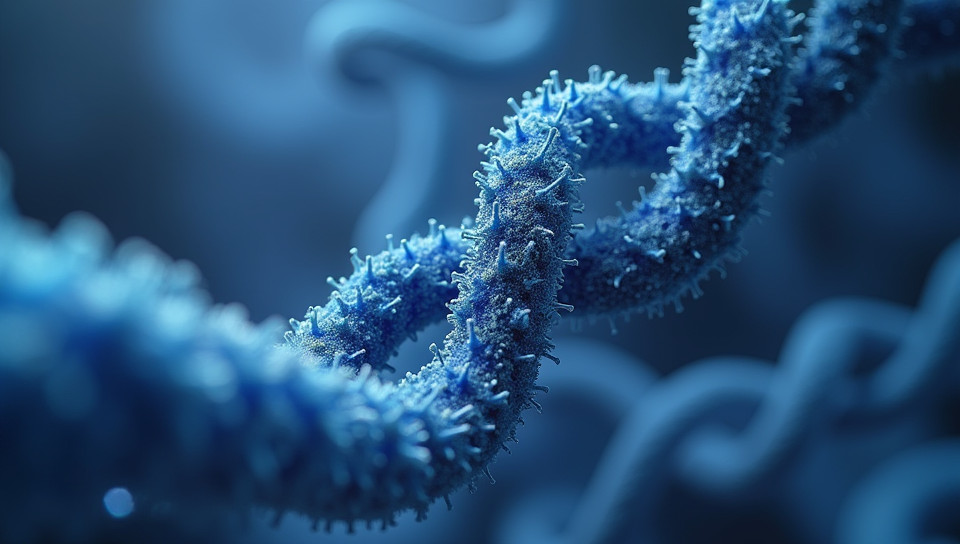Scientists use CRISPR for making precise genetic changes 97%

The Future of Genetics: Scientists Harness CRISPR for Precise Changes
Imagine having the ability to edit genetic code with precision and ease, opening up new avenues for medical research, disease treatment, and even the possibility of curing inherited diseases. This is exactly what scientists have achieved with the help of CRISPR (Clustered Regularly Interspaced Short Palindromic Repeats), a powerful tool that allows for precise genetic changes.
What is CRISPR?
CRISPR is a naturally occurring defense mechanism found in bacteria, which has been harnessed by scientists to make precise cuts in DNA. This technique involves the use of a guide RNA molecule that locates specific sequences within the genome and directs an enzyme called Cas9 to cut the DNA at that site.
How Does CRISPR Work?
The process of using CRISPR for genetic editing is relatively straightforward:
- Identify the gene or sequence you want to edit
- Design a guide RNA molecule that will locate the target sequence
- Introduce the guide RNA and Cas9 enzyme into cells containing the target DNA
- Allow the cell to repair the damaged DNA, either by repairing it correctly or introducing new genetic material
Applications of CRISPR
The applications of CRISPR are vast and varied:
- Gene editing for disease treatment: By correcting genetic mutations that cause diseases such as sickle cell anemia and cystic fibrosis
- Basic research: Allowing scientists to study gene function and regulation in unprecedented detail
- Cancer treatment: Targeting cancer-causing genes with CRISPR may lead to new therapies
The Future of Genetic Research
The use of CRISPR for precise genetic changes has revolutionized the field of genetics. As researchers continue to refine this technique, we can expect major breakthroughs in disease treatment and our understanding of human biology.
In conclusion, CRISPR is a game-changer in the world of genetics, offering unprecedented precision and ease in making genetic changes. With its vast potential for medical research and disease treatment, it's no wonder that scientists are excited about this technology. As we continue to push the boundaries of what is possible with CRISPR, we may soon see major advancements in our understanding of human biology and the treatment of diseases.
- Created by: Adriana Ferreira
- Created at: Jan. 13, 2025, 2:02 p.m.
- ID: 17735









